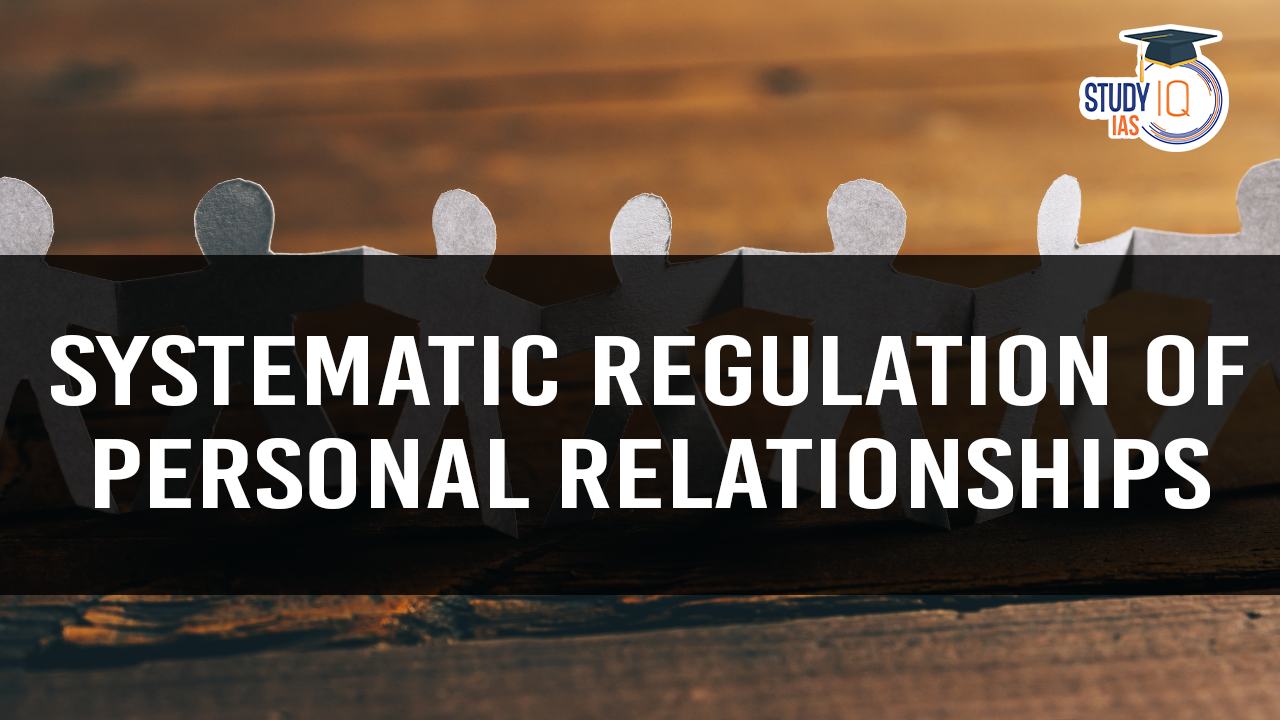Table of Contents
Context: Uttarakhand became the first Indian State to implement the Uniform Civil Code (UCC), placing private relationships under state surveillance.
| Facts |
|
Hurdles Faced by Interfaith and Live-in Couples
Legal and Bureaucratic Barriers
- The Special Marriage Act, 1954 (SMA) already had a 30-day mandatory notice period, making interfaith marriages a public affair, often exposing couples to harassment.
- The UCC in Uttarakhand now mandates live-in relationships to be registered, requiring multiple documents, religious approvals, and parental notifications.
- The failure to register a live-in relationship can lead to six months of imprisonment and a ₹25,000 fine.
Anti-Conversion Laws as an Additional Hurdle
- Several states, including Uttar Pradesh, Uttarakhand, and Rajasthan, have enacted anti-conversion laws that require prior government approval for religious conversion for marriage.
- These laws impose declarations, waiting periods, and district magistrate approvals, making religious conversion for marriage legally cumbersome.
- They provide a legal shield for vigilante groups to harass and criminalize interfaith couples under the guise of protecting religion.
Involvement of Religious Leaders and Families
- The requirement for approval from religious leaders or community heads contradicts secular principles, as personal relationships are now regulated by religious norms.
- Parents and guardians are informed about live-in relationships, making couples—especially women—vulnerable to family pressure, honour-based violence, and coercion.
Vigilante Surveillance and Societal Policing
- The legal requirement to notify authorities and families before an interfaith marriage or live-in relationship emboldens vigilante groups.
- A news portal found that 63 out of 101 police complaints filed under the P. anti-conversion law were initiated by third-party vigilantes, not affected individuals.
- Bajrang Dal leaders have openly admitted to having access to live-in relationship registrations, enabling targeted harassment.
A Form of Apartheid
The combination of UCC, anti-conversion laws, and bureaucratic hurdles effectively creates systematic segregation of communities, akin to apartheid-era policies.
Legal Institutionalization of Segregation
- Just as apartheid South Africa had laws preventing interracial marriages, these legal measures make interfaith relationships nearly impossible.
- Interfaith couples must undergo excessive scrutiny, approvals, and surveillance, ensuring that religious communities remain separate.
Strengthening Religious and Patriarchal Control
- Religious leaders are given legal authority over personal relationships, reinforcing traditional structures in a supposed secular democracy.
- Women are treated as passive victims rather than individuals with autonomy, increasing family and societal control over their choices.
State-Sanctioned Vigilantism
- Legal requirements such as public notices, parental notifications, and approvals give vigilante groups a direct mechanism to intervene and police relationships.
- This creates a climate of fear, discouraging interfaith relationships.
Blueprint for Widespread Implementation
- States like Rajasthan and Gujarat are considering similar UCC models and stricter anti-conversion laws.
- This legal framework is setting a precedent for formalizing social divisions, undermining India’s constitutional pluralism and secularism.


 National Judicial Appointments Commissio...
National Judicial Appointments Commissio...
 GPS Spoofing and Its Impact in India: A ...
GPS Spoofing and Its Impact in India: A ...
 Amrit Gyaan Kosh Portal: A Comprehensive...
Amrit Gyaan Kosh Portal: A Comprehensive...





















